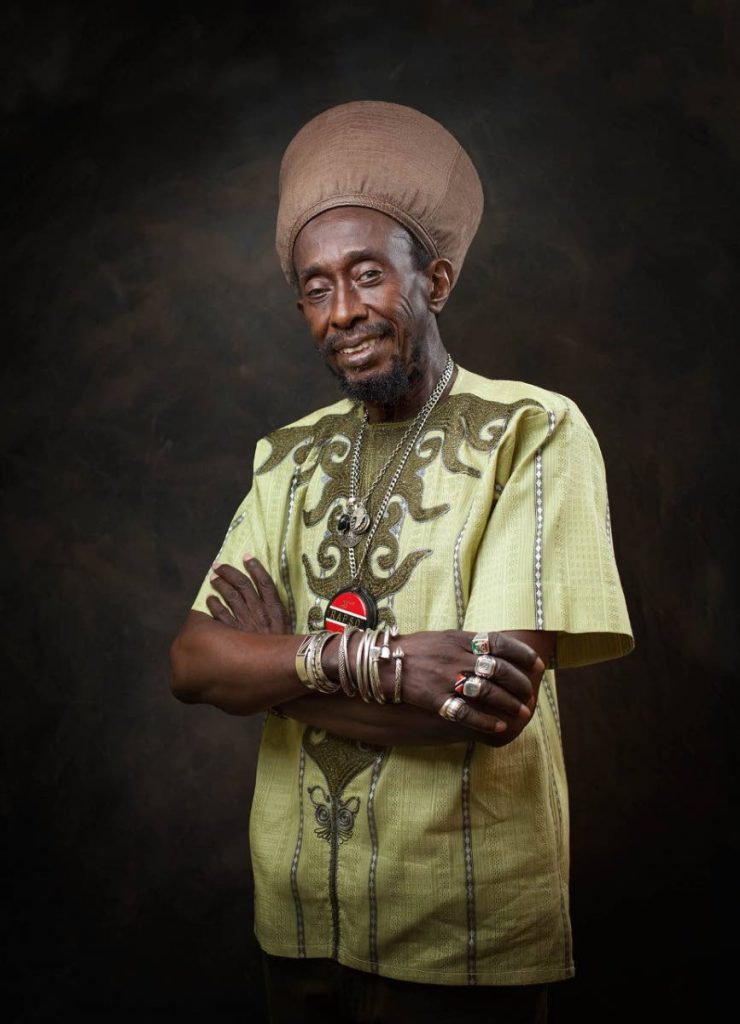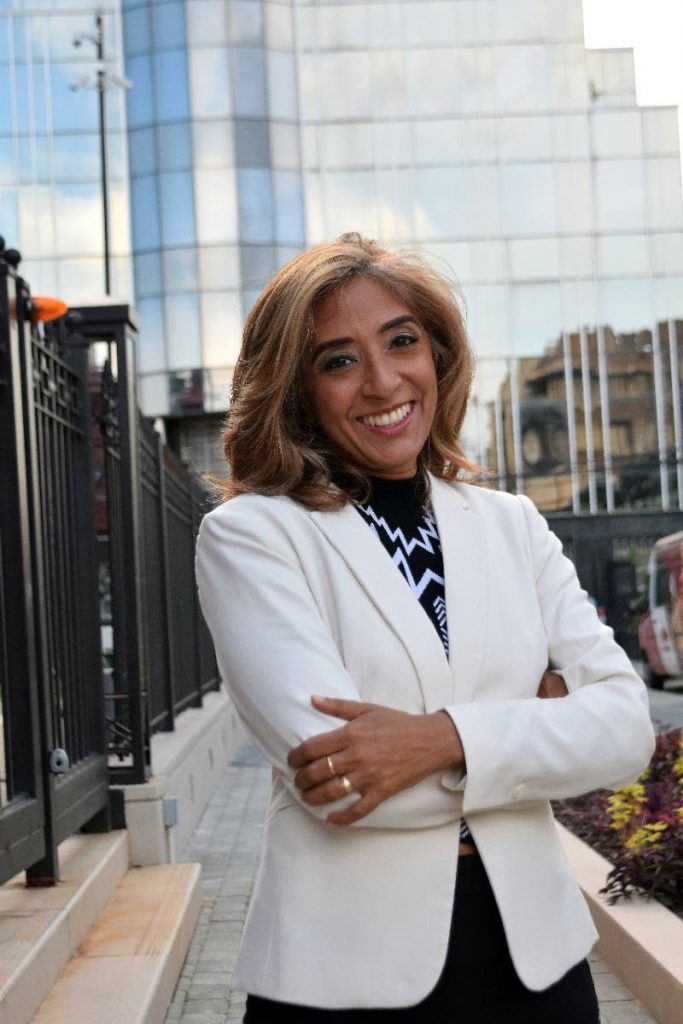Walk down memory lane with Resistance

THIS week couldn’t pass without honouring Lutalo Masimba, better known as Brother Resistance. Although there is much that can be said about his life history and his involvement in the calypso community, I’m writing today from my own memories.
When a giant passes on, each of us remembers him or her in deeply personal ways; these are not just icons of nation-building, but individuals who enter hearts and give voice.
It’s also important for us to challenge over-determining representations of our society as divided by race, whether in how we vote or how we fete, with stories of when we connect across ethnic and other differences.
There won’t be many Indian women writing about the impact that Brother Resistance, with his radical decolonial and African consciousness, had on them in the late 1990s and early 2000s, decades after the 1970s Black Power slogan, “Indians and Africans Unite” was declared.
It speaks to a legacy born in those earlier decades that still vibrates today.
In 1998, I was in a fete somewhere, having just returned from university, and first saw Ataklan perform his hit tune Flambeau. How to become part of his community of lyricists and what I understood then as spoken-word or poetry performers? He sent me to Brother Resistance.
Resistance was generous and welcoming.
He had a gentle, affable humility that made you feel all that mattered was your interest in words and riddim and Trinbago. I think the man could make anyone feel there was something in him or her that deserved kindness and respect.
You would see his broad smile beam down from his easy height, so sweet to picture now, whenever anyone was interested in rapso. He encouraged anyone he saw with passion, talent or just love for our culture, regardless of age, race, class or experience.
He invited me to join a six-week training, called Breaking New Ground, organised by the Rapso Co-ordinating Committee, which introduced us to Lancelot Layne, Cheryl Byron, Karega Mandela, Wendell Manwarren, Sheldon Blackman, Brother Book, the Network Rapso Riddum Band, Sister Ava, drummer Wayne "Lion" Osuna and so many others.
Rapso was ascendent then, having been amplified by the success of the artistes from Kiskadee Karavan, by Rituals Music recordings, by the beginning years of 3canal and the youthful sounds of Ras Shorty I’s children’s Jamoo music.
Town was alive with words and rhymes, sounds of drumming and chanting, and another generation’s sense of this home-grown genre’s power.
Breaking New Ground was history, theatre, poetry, respect for the arts, mentorship and belief in being the embrace from which young blood emerged.
We’d stand in a circle in the old Fire Station or in Little Carib Theatre, holding hands, and there would be an invocation, ending with, “Jah! Rastafari!” In this African space, I was aware of my race and class, as there were no other young Indian women there. Yet it was a community where I was always welcomed.
Brother Resistance and others were centring the young people who came to them in their own distinctive philosophy of belonging to a self-determining Caribbean and nation. There was always a parallel poetry and spoken word scene, but it wasn’t deliberately grassroots, streetwise, for the people and against the dread exploitation and dehumanisation of Babylon system.
Those who were mimicking dancehall or rap were encouraged to sound as we speak and to wordplay in the way of mas characters. At the end of those weeks, we were sent up on a stage, and entrusted to continue the politics of rapso warriors.

I’d wear a sari or a shalwar kameez, finding joy in standing firmly as an Indian woman from within such a defiantly local and revolutionary space. There was also always encouragement for women in Rrapso to speak home grown feminist truths grounded in our interwoven histories of necessary, radical rebellion.
Those who emerged from this tradition carry it like an overstanding that defines you forever.
For years after, I’d perform in ways that blended talk with penned lines, experimenting with the poetics of our own nation-language. Often, in this column, I slip in metre, rhythm and rhyme without separation from the reasoning you read on the page.
Always there is a grounding in protest against oppression and positively transforming injustice. That is a legacy of those weeks in Breaking New Ground.
Lutalo Masimba, brother of the people and keeper of oral traditions, rest in your power. We are witnesses answering your echoing call for resistance. With gratitude, rapso!


Comments
"Walk down memory lane with Resistance"